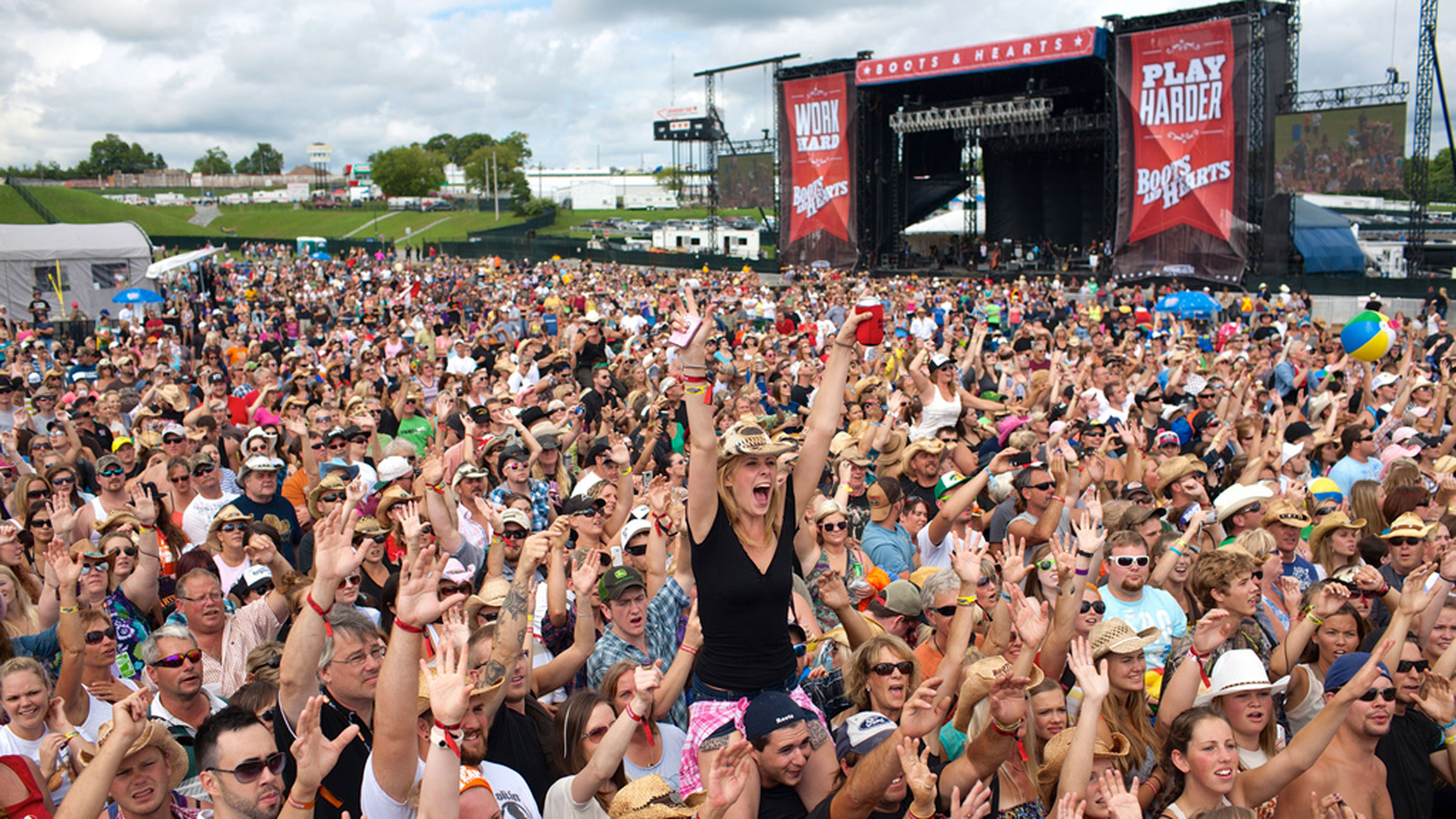Music festival’s have become global cultural phenomena, bringing together diverse communities to celebrate music, art, and self-expression. From the pulsating beats of electronic music to the soulful rhythms of jazz, these events offer something for everyone. This article explores the history, appeal, and future of music festivals, providing insights into their significance and tips for making the most of your festival experience.
What Are Music Festivals?
A music festival is a live music event that spans multiple days, featuring performances by various artists across different genres. These gatherings often include additional activities such as art installations, workshops, and food markets, creating a holistic cultural experience.
Music festivals cater to all tastes and demographics, with events like Coachella, Glastonbury, Tomorrowland, and the Montreux Jazz Festival attracting millions of attendees annually.
The History of Music Festivals
Music festivals have ancient roots, tracing back to religious and cultural celebrations in Greece, India, and Africa. Modern festivals began to take shape in the 20th century, with events like Woodstock (1969) epitomizing the countercultural movements of the era.
Today, music festivals are a billion-dollar industry, reflecting changing societal values and the power of music as a unifying force.
Why Do People Love Music Festivals?
- Sense of Community Music festivals foster a sense of belonging, bringing together people from different backgrounds who share a love for music.
- Live Music Experience There’s nothing quite like the energy of a live performance, with audiences and artists feeding off each other’s enthusiasm.
- Escapism and Adventure Festivals offer an escape from daily routines, transporting attendees to vibrant worlds filled with creativity and excitement.
- Cultural Diversity Many festivals showcase a blend of genres, cultures, and art forms, promoting inclusivity and global awareness.
- Memorable Moments Iconic performances, surprise guest appearances, and unique settings create unforgettable memories.
Types of Music Festivals
- Genre-Specific Festivals
- Rock: Download Festival, Rock am Ring
- Electronic: Tomorrowland, Ultra Music Festival
- Hip-Hop: Rolling Loud, Wireless Festival
- Jazz and Blues: Montreux Jazz Festival, New Orleans Jazz & Heritage Festival
- Cultural Festivals Events like Fuji Rock (Japan) and Sziget Festival (Hungary) blend music with cultural experiences.
- Boutique Festivals Smaller, more intimate gatherings such as Secret Garden Party focus on niche audiences and unique themes.
- Sustainability-Focused Festivals Festivals like We Love Green and Green Man prioritize eco-consciousness, emphasizing environmental sustainability.
How to Prepare for a Music Festival
- Choose the Right Festival Research the lineup, location, and vibe to find a festival that aligns with your interests.
- Plan Your Budget Factor in ticket prices, travel, accommodation, food, and merchandise.
- Pack Essentials Items like comfortable clothing, sunscreen, reusable water bottles, and portable chargers are must-haves.
- Stay Safe Familiarize yourself with the festival’s safety guidelines, stay hydrated, and look out for your friends.
- Create a Schedule Plan which performances and activities you want to attend but remain flexible for spontaneous discoveries.
Benefits of Attending Music Festivals
- Cultural Exposure Festivals often feature international artists and cultural showcases, broadening horizons.
- Networking Opportunities Meeting like-minded individuals can lead to new friendships and professional connections.
- Support for Artists Attending festivals helps sustain the music industry by supporting performers, vendors, and organizers.
- Personal Growth Experiencing new music and environments fosters creativity and self-discovery.
Challenges of Music Festival’s
- Crowds and Logistics Managing large crowds and navigating expansive festival grounds can be overwhelming.
- Environmental Impact Festivals generate significant waste. Many organizers are now implementing green initiatives to mitigate this.
- Cost Tickets, travel, and accommodations can be expensive, making it crucial to plan ahead.
- Health and Safety Staying hydrated and protecting against the elements are essential for a safe experience.
Emerging Trends in Music Festivals
- Virtual and Hybrid Events The pandemic accelerated the rise of virtual festivals, allowing fans to participate from home. Hybrid models combining live and online elements are becoming the norm.
- Eco-Friendly Initiatives Festivals are adopting sustainable practices such as banning single-use plastics and promoting green transportation.
- Immersive Experiences Augmented reality (AR) and virtual reality (VR) are enhancing festival experiences, creating interactive and personalized environments.
- Focus on Wellness Yoga sessions, meditation zones, and wellness workshops are being integrated into festival programs.
- Inclusion and Diversity Organizers are prioritizing diverse lineups and ensuring festivals are accessible to all, including individuals with disabilities.
Iconic Music Festivals Around the World
- Coachella Valley Music and Arts Festival (USA) Known for its star-studded lineups and fashion-forward attendees, Coachella sets the standard for modern music festivals.
- Glastonbury Festival (UK) A legendary event featuring music, arts, and activism, Glastonbury attracts global superstars and emerging talent alike.
- Tomorrowland (Belgium) The ultimate destination for electronic music lovers, Tomorrowland is renowned for its elaborate stage designs and immersive atmosphere.
- Montreux Jazz Festival (Switzerland) A haven for jazz enthusiasts, this festival blends world-class performances with scenic lake views.
- Fuji Rock Festival (Japan) Set against the stunning backdrop of Mount Naeba, this festival offers a unique mix of music and nature.
How Music Festivals Impact Local Economies
- Tourism Boost Festivals attract visitors from around the globe, benefiting local businesses such as hotels, restaurants, and shops.
- Job Creation From event staff to vendors, festivals generate employment opportunities.
- Community Development Many festivals invest in local infrastructure and donate to charitable causes, leaving a lasting positive impact.
The Future of Music Festival’s
The future of music festivals looks promising, with technology, sustainability, and inclusivity driving innovation. As the world becomes increasingly connected, festivals will continue to serve as cultural melting pots, uniting people through the universal language of music.
Conclusion
Music festival’s are more than just entertainment; they are transformative experiences that celebrate the best of humanity—creativity, community, and cultural exchange. Whether you’re a seasoned festival-goer or a first-timer, these events offer a chance to connect with others, explore new sounds, and create memories that last a lifetime. Start planning your next festival adventure today and immerse yourself in the magic of live music.

